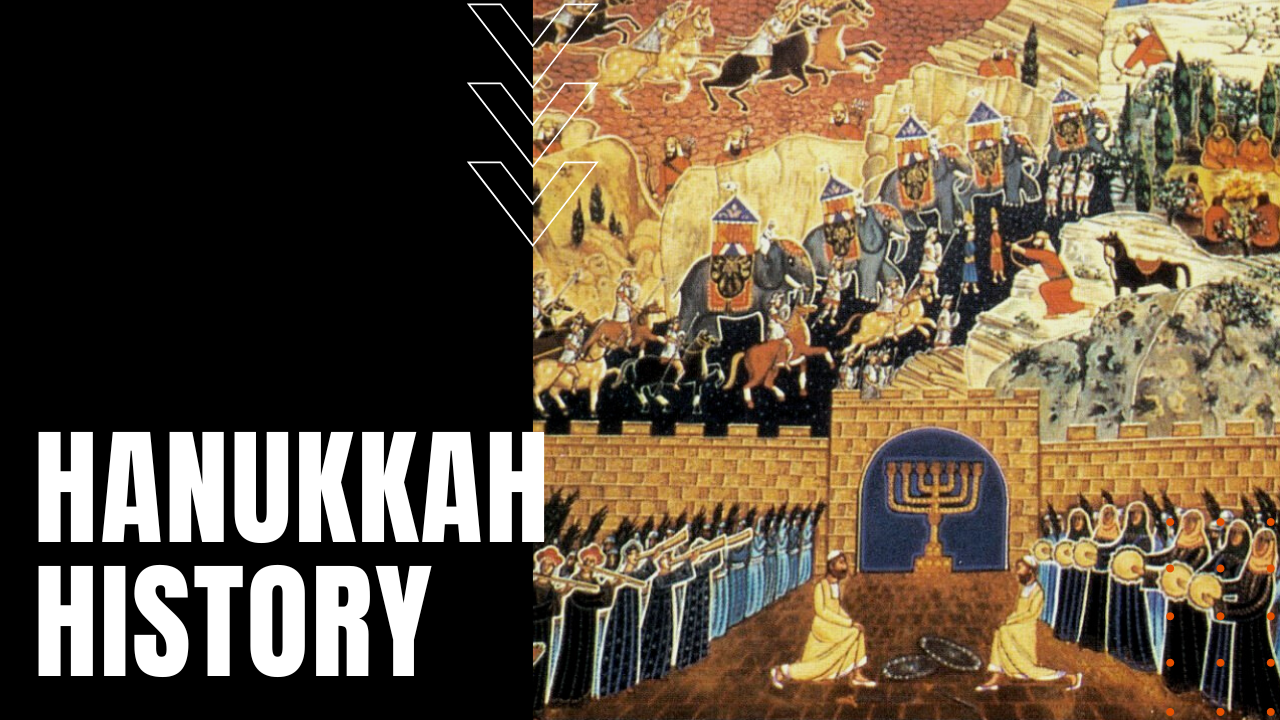Hanukkah History, Traditions and Celebrations

History of Hanukkah
According to Jewish history, when the Greeks invaded Israel in 167 BCE, looting the Second Temple and outlawing Judaism, foreign ruler Antiochus the 4th furthered the insult by erecting an altar to Zeus and sacrificing pigs in the Temple.
Antiochus’ edicts provoked the large-scale Maccabean revolt led by Jewish priest Mattathias and his five sons, and after Mattathias passed away in 166 BCE, his son Judah continued the uprising until the Seleucid empire was pushed out of Israel.
Menorah Burns for Eight Days
After Judah liberated, purified and rededicated the Temple, the Maccabees discovered that almost all of their ritual olive oil had been defiled, save for a solitary container that was still sealed by the High Priest. The lone container of oil was enough to light the menorah for one day, but when it burned for eight, Judah instituted the festival of Hanukkah to celebrate the miracle of God’s grace, as well as the liberation of Jerusalem and the Israelites.
When is Hanukkah Celebrated?
Today, Hanukkah or the Festival of Lights is celebrated for eight days and nights, beginning on the 25th day of Kislev in the Hebrew calendar, which loosely coincides with the Christian celebration of Christmas.
After sundown each day, a candelabrum known as a menorah with nine branches is placed in a street-facing window on the left side of the house, which fulfills the Talmudic commandment to publicize the miracle.
On the first night, a lone candle is placed in the far left branch, before the shamash or attendant candle is used to light the first candle while reciting three blessings, followed by the recitation of the Haneirot Halalu prayer.
Hanukkah songs are often sung after the prayers, followed by nightly gift-giving and the consumption of oil-fried foods such as potato latkes. Each night an additional candle is added and lit by the shamash, which lives in the center branch of the menorah—generally higher or lower than the other candles—and while Hanukkah is not a sabbath-like observance requiring abstinence or sacrifice, Hanukkah has become a major contributor to the holiday season, making the Festival of Lights, yet another observance of the blessings of life.
